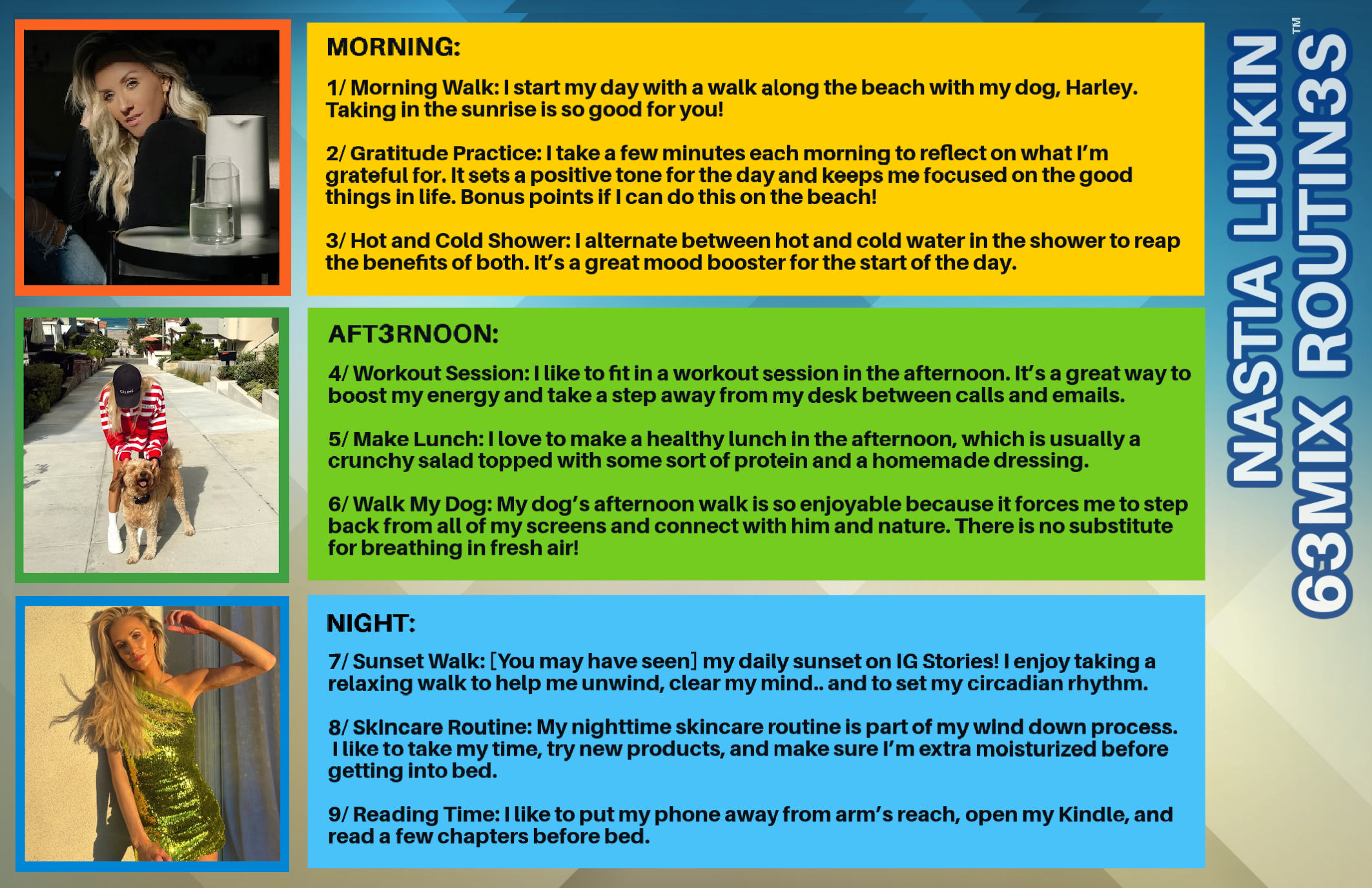Facing A Quarter Life Crisis In Your 20s: How To Navigate The Period Of Unease Early On
In recent years, the term ‘quarter-life crisis’ has become more familiar and widely publicized. As more adults in their 20s come forward with their quarter-life experiences, it is becoming clear that today’s millennials are facing an enormous amount of pressure and uncertainty when it comes to their future. In a survey by Portafina, a staggering 82 percent of 24-35-year-olds said they experienced a crisis. Further research by LinkedIn showed that 77 percent of 25-33-year-olds have gone through a quarter-life crisis. In a time of your life where many of your peers are focusing on building their careers and achieving life goals, finding yourself in a place of self-doubt and confusion, and experiencing feelings of anxiety about your life can be unnerving if it's not handled correctly. The first step to getting through this crisis? Accepting that it is normal, even in your 20s.
Find Your Trigger, And Regain Control By Reevaluating Your Options
When asked what the most common triggers for a quarter-life crisis were, a LinkedIn study found that it was job dissatisfaction. The widening gap that may appear during your 20s as your friends’ lives take different turns, coupled with the pressures of social media, can leave millennials constantly comparing themselves to unrealistic standards. Other triggers can include dissatisfaction in your personal life and a stressful work environment.
The best way to cope with a quarter-life crisis is to identify the underlying causes. One good way to narrow it down is to note down all the things you are happy with in different aspects of your life, such as your career, family and personal health. From this, you can highlight what you are unhappy with, and begin to chart a path to improving it.
Find Your Way Of Switching Off
Even though the common perception is that life in your 20s is meant to be carefree, it turns out that is not the case for many workers in their 20s. A past survey by Harris showed that 76 percent of adults aged 18-33 years old are stressed by work, while 73 percent say money is their top stressor. With an increasing emphasis being placed on early success, and widespread social media personas having their lifetime careers all figured out before the age of 30, many millennials are now feeling the pressure to live up to both personal and societal expectations. However, career pivoting and second chance careers are becoming more common, and this can help with truly finding a sense of purpose and settling on choices that are both rewarding and fulfilling.
Another point to note is that many younger workers find themselves working long hours to achieve their career goals sooner rather than later, which sets them up for the common work burn out and poor mental well-being. Therefore, you must carve out time in your personal and professional life to switch off from the stressors in your career. Find a balance for personal hobbies, goals and pastimes such as travel, regular exercise and self-care activities. Past research has shown that both travel and exercise can counteract stress. Additionally, try to set strict boundaries between your work and personal life; making time to enjoy family time and events
Shatter And Redefine Your Expectations Based On Reality
Finally, it can be helpful to perform an honest review of your life goals, values and what has changed. With social media giving rise to unrealistic expectations for many millennials, the pressure to achieve certain life or career goals before the age of 30 can be crushing, and often leaves an unfillable gap between expectations and reality. Therefore, you must remove those unrealistic expectations and become comfortable with more attainable goals. A great place to start is by setting small timed or measurable life goals. It can also be a great place to beginning charting the changes you wish to see in your life and acts as a motivator.
It can also be helpful to look towards the future. Once you have narrowed down the aspects of your life that are making you unhappy, look at the future paths for improving them. If you are bored at your job, research routes for upskilling, or a potential career change. Similarly, if you are feeling stressed or lacking great health, speak to your GP about a plan to get your health back on track. Small, achievable steps forward can help feel in control of your life again and get you through this period.











